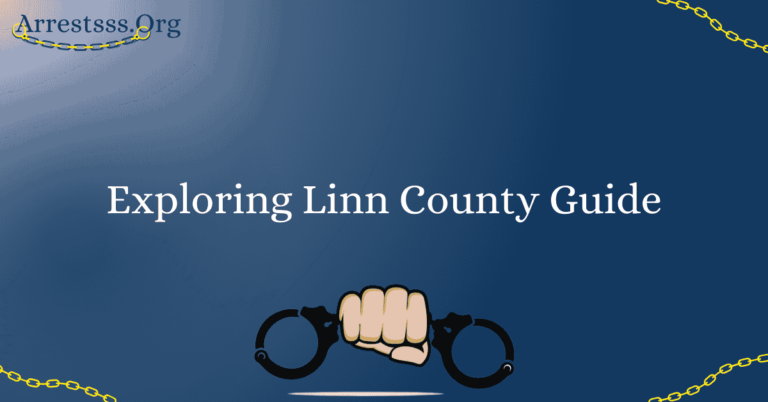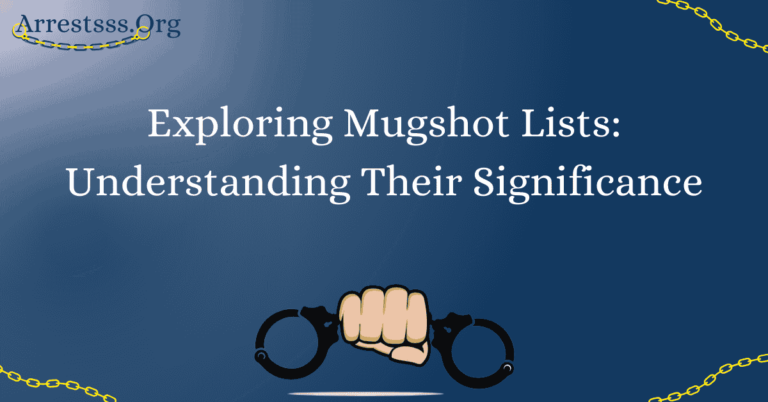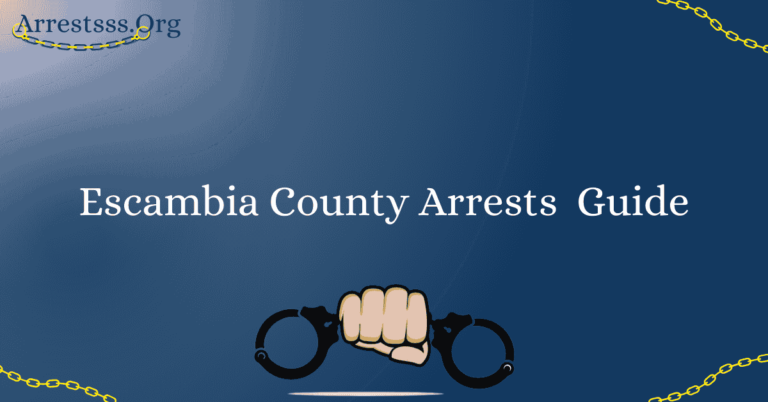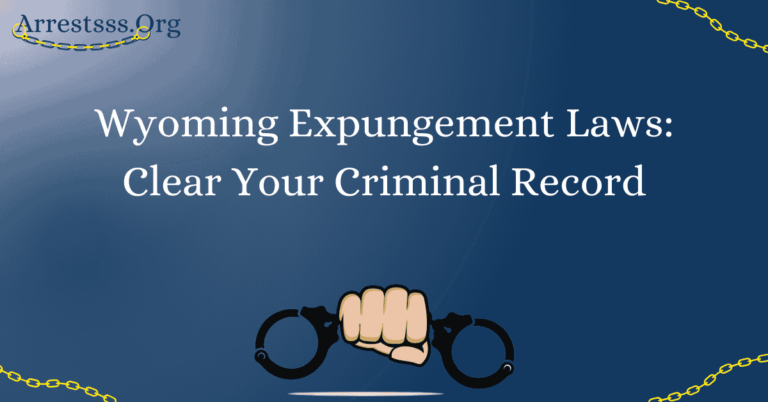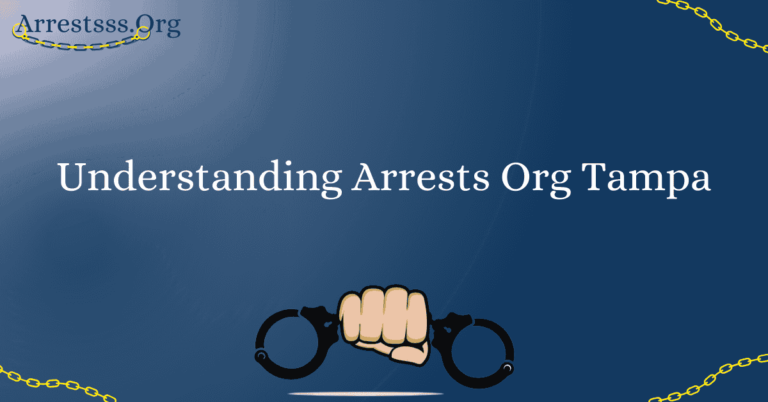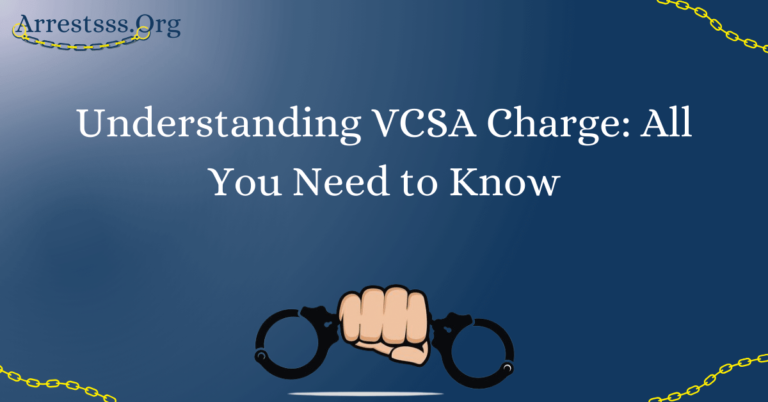Deciphering New Jersey’s Juvenile Justice System
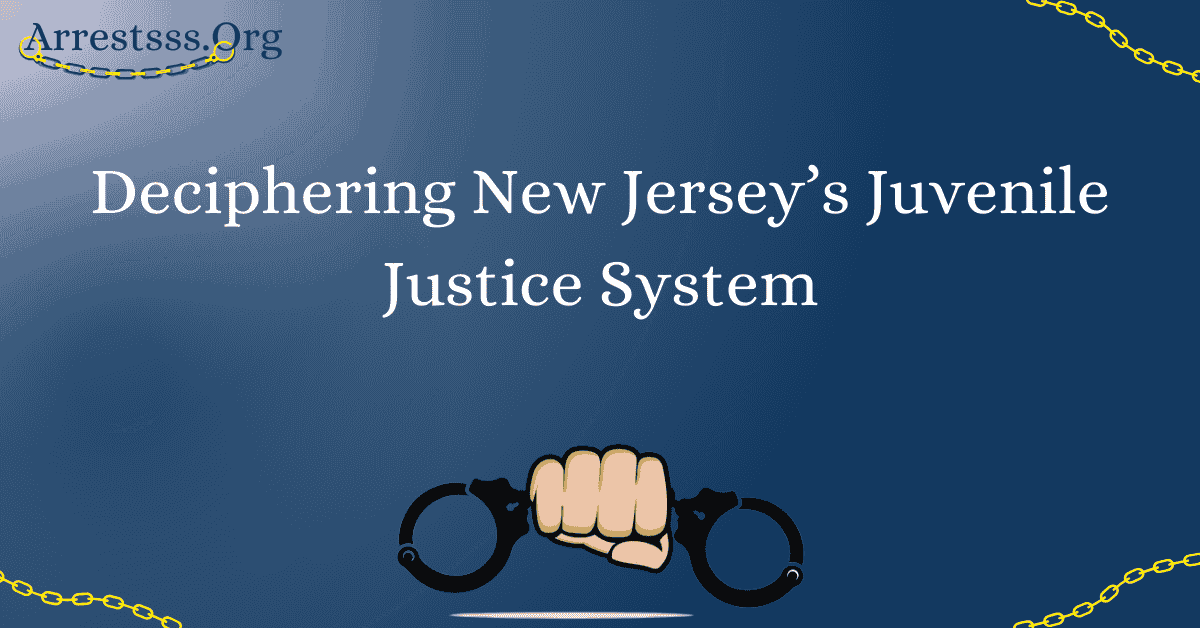
The New Jersey Juvenile Justice System holds a unique place in the state’s legal framework, focusing on the rehabilitation and support of young offenders rather than punitive measures. In this comprehensive guide, we will explore the ins and outs of this system, shedding light on its purpose, processes, and impact on the lives of young individuals.
Understanding the System: An Overview
The New Jersey Juvenile Justice System is tailored to address cases involving individuals under the age of 18 who are accused of delinquent acts or offenses. Its central mission is rehabilitation rather than punishment, recognizing the developmental differences between adolescents and adults. This system aims to provide guidance and support to steer young offenders away from a life of crime.
The Role of the Family Court
At the heart of New Jersey’s approach is the Family Court, responsible for handling the majority of juvenile cases. Unlike the adult criminal justice system, this system prioritizes rehabilitation, counseling, and support services over punitive actions. Its fundamental principle is to safeguard the well-being of the child while holding them accountable for their actions.
Navigating the System: Initial Steps
When a juvenile is alleged to have committed a delinquent act, the process commences with intake and screening by probation officers. The decision to proceed further hinges on various factors, such as the nature of the offense, the juvenile’s age, and their prior record. In certain instances, informal adjustments may be pursued to divert the child away from formal court proceedings.
Detention and Juvenile Court Hearings
Should the case advance to court, a series of hearings ensue. These include detention hearings, waiver hearings, and dispositional hearings. Detention hearings determine whether the juvenile should be held in a secure facility during the trial period. Waiver hearings assess the possibility of transferring the case to adult court, while dispositional hearings determine the appropriate course of action, which may involve probation, counseling, or residential placement.
Addressing Key Concerns: Rehabilitation vs. Punishment
New Jersey’s juvenile justice system stands out for its rehabilitation-oriented philosophy. Unlike the adult system, which often prioritizes punishment, this system is dedicated to helping young offenders learn from their mistakes, acquire essential life skills, and reintegrate into society as law-abiding citizens. It acknowledges the potential for growth and change in adolescents.
Confidentiality and Records
New Jersey law safeguards the confidentiality of juvenile records, aiming to prevent youthful mistakes from haunting individuals throughout their lives. However, there are exceptions, such as for severe offenses or when a juvenile is transferred to adult court. A thorough understanding of record confidentiality is crucial for juveniles and their families.
FAQ’s
What is New Jersey’s Juvenile Justice System?
New Jersey’s Juvenile Justice System is a legal framework designed to handle cases involving minors (individuals under the age of 18) who are accused of committing delinquent acts or offenses. It operates separately from the adult criminal justice system and is focused on rehabilitation rather than punishment. The system aims to provide interventions, support, and resources to help juveniles develop into law-abiding citizens.
How does Deciphering New Jersey’s Juvenile Justice System differ from the adult criminal justice system?
Deciphering New Jersey’s Juvenile Justice System differs from the adult criminal justice system in several key ways. While the adult system primarily focuses on punishment and deterrence, the juvenile system emphasizes rehabilitation and addressing the underlying causes of delinquent behavior. Juvenile records are typically confidential and sealed, and juvenile offenders may be placed in rehabilitation programs or receive counseling rather than incarceration. Additionally, the legal procedures, terminology, and court processes in the juvenile system are tailored to the unique needs and circumstances of minors.
What rights do juveniles have in New Jersey’s Juvenile Justice System?
Juveniles in New Jersey’s Juvenile Justice System have certain rights and protections. These rights include the right to legal counsel, the right to remain silent, the right to a fair and impartial hearing, and the right to due process. Juveniles also have the right to be informed of the charges against them and to have their case reviewed by a judge. It’s important for both juveniles and their parents or guardians to understand these rights and how they apply within the juvenile justice system. Legal representation is particularly important to ensure that these rights are upheld during the legal process.

